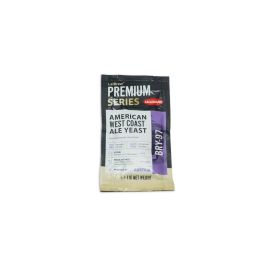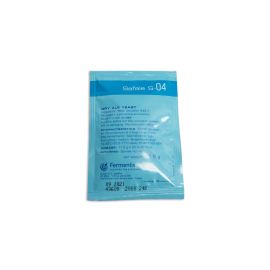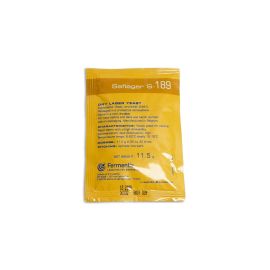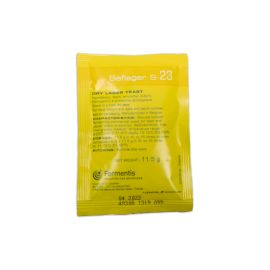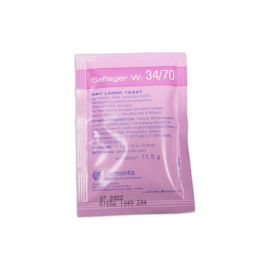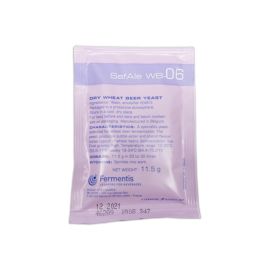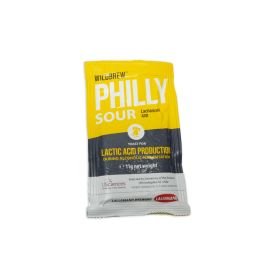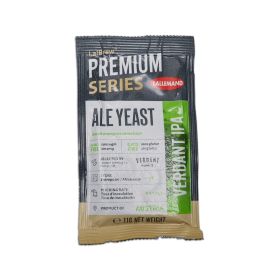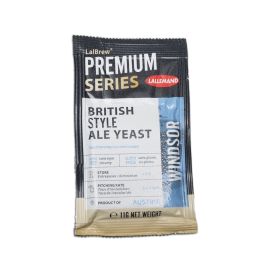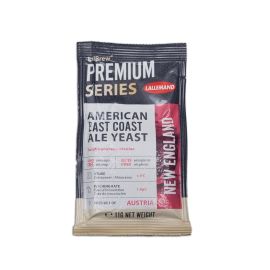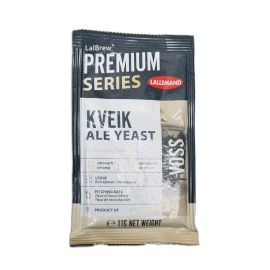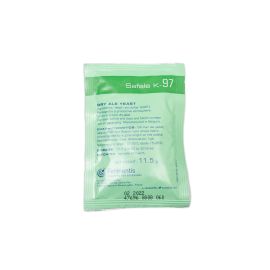Home Brewing Yeast

Welcome to our Homebrewing Yeast Category: The Best and Healthiest Choices
At our store, we take pride in offering the best and healthiest homebrewing yeast for your brewing endeavors. We understand that the yeast plays a crucial role in fermentation and contributes significantly to the flavor, aroma, and overall quality of your homemade beverages. That's why we have carefully curated a selection of top-quality yeast strains that are known for their exceptional performance and excellent results.
Our collection features a diverse range of yeast strains suitable for brewing beer, cider, wine, and spirits. Each yeast strain is meticulously selected for its specific characteristics, ensuring that you have the perfect yeast option for your desired brew style. Whether you're aiming for a crisp and refreshing beer, a fruity and aromatic cider, or a full-bodied and complex wine, our range of homebrewing yeasts has you covered.
We understand the importance of brewing with healthy yeast, as it directly impacts the fermentation process and the final product. That's why all our yeast strains are carefully cultivated and rigorously tested to ensure optimal health, viability, and reliability. With our premium homebrewing yeast, you can be confident in achieving consistent and outstanding results with every batch.
Browse through our selection of the best and healthiest homebrewing yeast and take your brewing to the next level. Elevate the flavors, aromas, and overall quality of your homemade beverages with our top-notch yeast strains. Trust in our commitment to providing you with the finest ingredients for your homebrewing adventures.

